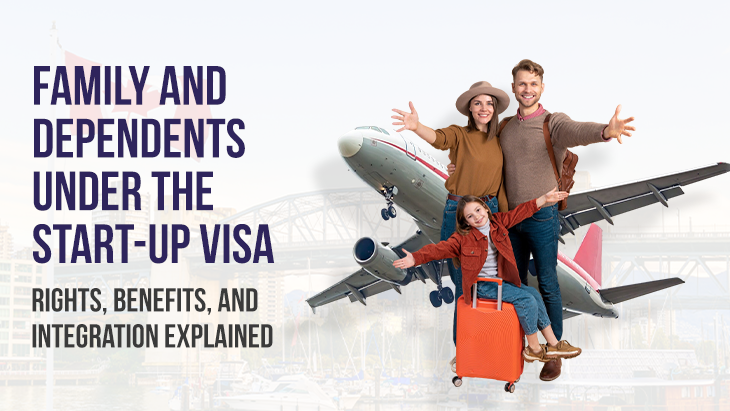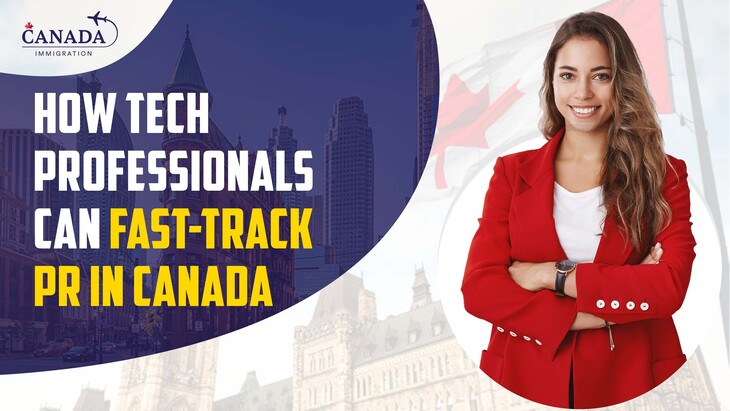The Post-Arrival Checklist: What to Do in the First 30 Days After Landing in Canada
Landing in Canada is the beginning of a new chapter filled with opportunities and challenges. While the excitement is overwhelming, the first 30 days are crucial for laying the foundation of your new life. From government formalities to setting up your everyday essentials, this guide will walk you through everything you need to do after arriving in Canada.
1. Get Your Social Insurance Number (SIN)
Your Social Insurance Number is essential to work in Canada, pay taxes, and access government programs.
- Apply at a Service Canada Centre (takes about 15 minutes).
- You’ll need your passport, Confirmation of Permanent Residence (COPR), or work/study permit.
- Keep your SIN safe – it’s sensitive information.
2. Apply for a Health Card
Healthcare in Canada is public, but you must register for your provincial or territorial health card.
- Apply as soon as you arrive – some provinces (like Ontario, BC) have a waiting period of up to 3 months.
- Carry documents like your COPR, passport, and proof of residence (rental agreement or utility bill).
- In the meantime, consider temporary private health insurance.
3. Open a Canadian Bank Account
A local bank account is essential to manage finances and receive your salary.
- Popular banks: RBC, TD, Scotiabank, BMO, and CIBC.
- Many banks offer newcomer packages with free accounts for up to a year.
- Required documents: Passport, COPR, and address proof.
4. Get a Canadian Phone Number & Internet Connection
- A local SIM helps you stay connected and makes job hunting easier.
- Major providers: Rogers, Bell, Telus, Freedom Mobile, and regional carriers like Fido or Koodo.
- For cost savings, consider prepaid plans initially.
5. Find Permanent Accommodation
If you’ve booked temporary housing (Airbnb, hotel, or with friends), start looking for a permanent place:
- Use websites like Realtor.ca, Kijiji, and Facebook Marketplace.
- Understand rental requirements – landlords usually ask for job letters, credit history, or guarantors.
- Explore newcomer housing support services if you face challenges.
6. Register Children in School (If Applicable)
Education in Canada is free for children up to Grade 12.
- Contact your local school board for enrollment.
- Carry immigration papers, proof of address, and immunization records.
7. Explore Transportation Options
- Get a public transit pass for your city (like PRESTO in Ontario or Compass in Vancouver).
- If you plan to drive, apply for a provincial driver’s license. Some countries have exchange agreements, while others may require a driving test.
8. Apply for a Credit Card & Build Credit History
Building credit is crucial for renting apartments, getting loans, or even securing some jobs.
- Start with a secured credit card if you don’t qualify for a regular one.
- Pay bills on time to build a strong credit score.
9. Look for a Family Doctor or Health Clinic
Once you get your health card, register with a local family doctor.
- Alternatively, walk-in clinics are available for non-emergency care.
10. Register with Settlement Services
Canada offers free services to help newcomers adapt.
- Organizations like YMCA, COSTI, and ISSofBC provide help with resumes, job search, and language training.
- Attend newcomer orientation programs to understand your rights and responsibilities.
11. Start Your Job Search
If you’re not already employed:
- Create/update your resume in Canadian format.
- Use job portals like Indeed, Workopolis, and JobBank.
- Network through LinkedIn and local events.
12. Familiarize Yourself with Canadian Culture & Community
- Join community groups, local events, or religious organizations to build your support system.
- Explore the neighborhood, grocery stores, libraries, and community centers.
Final Thoughts
The first month in Canada may feel overwhelming, but every step you take brings you closer to building your new life. Prioritize official documentation, secure housing, and focus on building a social and professional network. With planning and the right resources, you’ll settle into Canadian life smoothly.














Post Comments